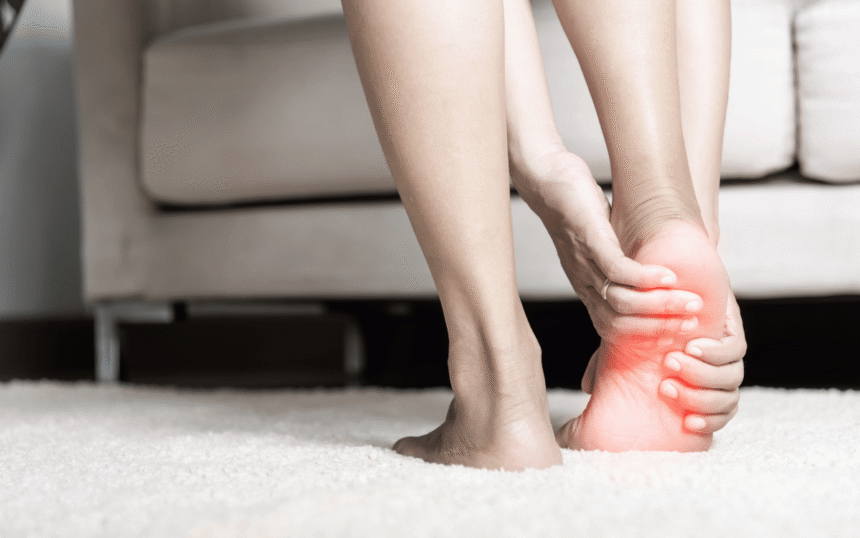We live in a hyper-connected world where screens dominate our attention and digital pings constantly pull us away from the present moment. While technology brings convenience, connection, and productivity, excessive screen time can quietly drain our energy, erode our focus, and affect our mental and emotional well-being.
That’s where a digital detox comes in—not as a rejection of technology, but as a mindful reset to restore balance and reclaim control over your attention.
In this article, we’ll explore the benefits of a digital detox, the signs you may need one, and simple steps to reduce digital overload and reconnect with what truly matters.
What Is a Digital Detox?
A digital detox is a period of time when you intentionally reduce or eliminate your use of digital devices—such as smartphones, tablets, computers, and social media—to focus on real-life interactions, self-care, and mental clarity.
It’s not about quitting tech altogether; it’s about building healthier boundaries and using technology more mindfully.
Why You Might Need a Digital Detox
From doomscrolling social media to checking emails after midnight, excessive digital engagement can take a toll on your mental and physical wellness.
Common Signs You Need a Digital Detox:
- Constantly checking your phone out of habit
- Feeling anxious, overwhelmed, or drained after screen time
- Trouble focusing or completing tasks
- Poor sleep due to late-night scrolling
- Decreased real-life connection with others
- Neglecting self-care or outdoor time
- Comparing yourself excessively on social media
The Impact of Digital Overload on Wellness
🧠 Mental Clutter and Burnout
Too much information can overwhelm the brain, leading to stress, decision fatigue, and reduced productivity.
😴 Sleep Disruption
Blue light from screens suppresses melatonin, making it harder to fall asleep and stay asleep.
💬 Reduced Attention Span
Multitasking with digital devices decreases your ability to concentrate and be present in the moment.
❤️ Emotional Well-being
Social media can trigger comparison, low self-esteem, and FOMO (fear of missing out), especially when consumed passively.
Benefits of a Digital Detox
Even a short break from screens can significantly improve your well-being.
✅ Improved Focus and Productivity
Fewer distractions = deeper work and more meaningful results.
✅ Better Sleep
Reducing screen time before bed helps you fall asleep faster and sleep more deeply.
✅ Stronger Relationships
Putting devices down during conversations fosters real connection and active listening.
✅ Enhanced Mood and Mental Clarity
Less digital noise creates space for mindfulness, gratitude, and emotional balance.
✅ Increased Creativity
Unplugging frees your brain to wander, reflect, and spark new ideas.
How to Do a Digital Detox (Without Quitting Tech Completely)
You don’t need to go off the grid to feel better. Try these practical steps for a manageable and rewarding detox:
🔕 1. Set Screen-Free Hours
Designate times of the day when you’ll disconnect, such as:
- During meals
- First hour after waking
- One hour before bed
Tip: Use “Do Not Disturb” mode or airplane mode to support your intention.
📵 2. Delete or Limit Distracting Apps
Temporarily remove social media, games, or shopping apps that consume your time.
Alternative: Use tools like App Limits (iPhone) or Digital Wellbeing (Android) to track and control screen time.
📚 3. Create a Morning and Evening Routine Without Screens
Instead of starting or ending your day with scrolling, try:
- Reading a book
- Journaling or meditating
- Stretching or walking
- Listening to calming music
🧘 4. Replace Screen Time With Meaningful Activities
Fill the space with activities that enrich your life, like:
- Hobbies (painting, cooking, gardening)
- Physical exercise
- Social time with loved ones
- Exploring nature
🛋️ 5. Design Tech-Free Zones at Home
Make certain spaces sacred and screen-free—like your bedroom, dining table, or family room.
⏳ 6. Try a Digital Sabbath
Commit to one day a week—or even a few hours—when you completely unplug. Let family and friends know in advance and plan offline activities.
💡 7. Reflect on Your Digital Habits
Keep a journal during your detox and explore:
- How do I feel without my phone?
- What activities bring me the most peace or joy offline?
- What digital habits serve me—and which ones don’t?
Long-Term Digital Wellness Tips
After your detox, use what you’ve learned to create sustainable digital habits:
- Turn off non-essential notifications
- Use your home screen intentionally (limit app clutter)
- Schedule email or social media check-in times instead of checking impulsively
- Practice mindful scrolling—notice how each post makes you feel
- Set tech boundaries with family, like device-free dinners
Final Thoughts
Technology is a valuable tool, but it should serve you—not control you. A digital detox is a powerful way to reset your mind, restore your focus, and reconnect with what really matters—your well-being, relationships, and peace of mind.
By creating space away from screens, even for a short time each day, you give yourself the opportunity to live more intentionally, creatively, and joyfully.
You don’t have to disconnect completely—just consciously.
FAQs: Digital Detox and Mental Wellness
1. How often should I do a digital detox?
Even short daily breaks or a weekend detox once a month can make a big impact.
2. What if I need technology for work?
Set boundaries for work hours and create designated offline periods to recharge.
3. Is it okay to use tech for relaxation (like movies or podcasts)?
Absolutely. The goal is mindful use—not complete avoidance.
4. Can a digital detox help with anxiety?
Yes. Reducing screen time and social comparison can significantly improve anxiety levels.
5. What’s the hardest part of detoxing from screens?
The habit of reflexively reaching for your phone. Awareness is the first step to change.
6. Can children benefit from a digital detox too?
Yes! Tech-free time encourages play, creativity, and stronger family bonds.
7. Do I need to announce my digital detox to others?
Not unless you want to—but it can help manage expectations and create accountability.
8. What if I relapse and binge scroll?
It’s okay. Mindfulness means noticing the slip, learning from it, and returning to your intention without judgment.









